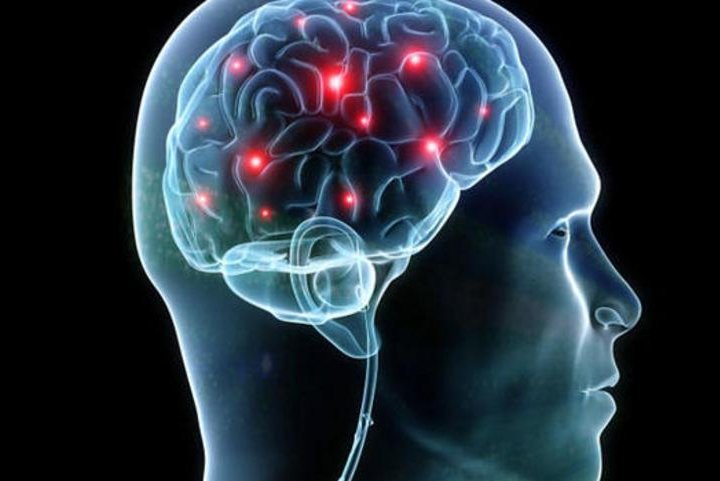Scientists examined several forms of coping mechanisms in the brain to determine one was impaired by Parkinson's disease. Photo by Allan Ajifo.
FLANDERS, Belgium, Oct. 7 (UPI) -- A malfunction in a stress-coping mechanism in the brain may be at the root of Parkinson's disease, new research on the ailment suggests.
According to the research team, the genetic mutations associated with Parkinson's disease act as a roadblock for brain transmissions responsible for coping with stress. The study's authors say this new discovery can assist the medical community in developing new strategies to fight the disease.
The research was led by VIB-KU Leuven professor Patrik Verstreken, and published in the journal Neuron. VIB is a Belgian research institute with facilities at five universities in Belgium, including KU Leuven.
"Our work is the first to implicate dysfunctional synapses so profoundly in Parkinson's," Verstreken said in a press release. "This research tells us that it is absolutely critical to find strategies to maintain synaptic function in treating this disease."
The research team examined several types of coping mechanisms to find that one type is disrupted by Parkinson's disease. Verstreken went on to explain how cellular stress can occur as a result of blocked transmissions between brain synapses.
"Synapses have to transmit an enormous amount of electrical signals. Some neurons will fire more than 800 of those signals in just one second," he added. "We have discovered that synaptic contacts have developed special mechanisms to deal with such a 'barrage' of signals. However, if one of these mechanisms doesn't function properly, cellular stress is accumulated. This causes damage to the synapses and ultimately leads to neurodegeneration."
The next step, researchers say, is uncovering ways for re-establishing synaptic communication once it is impaired.















